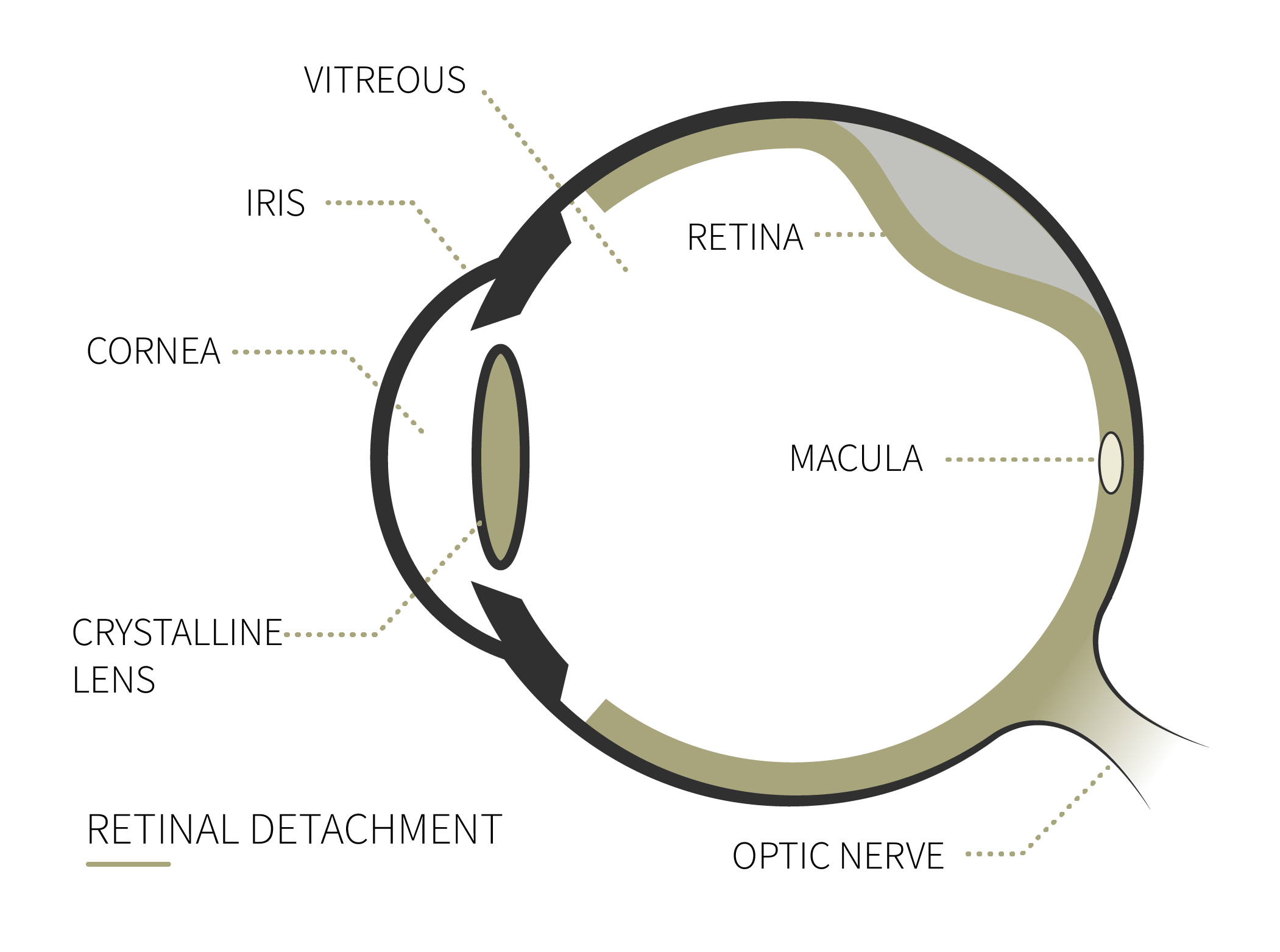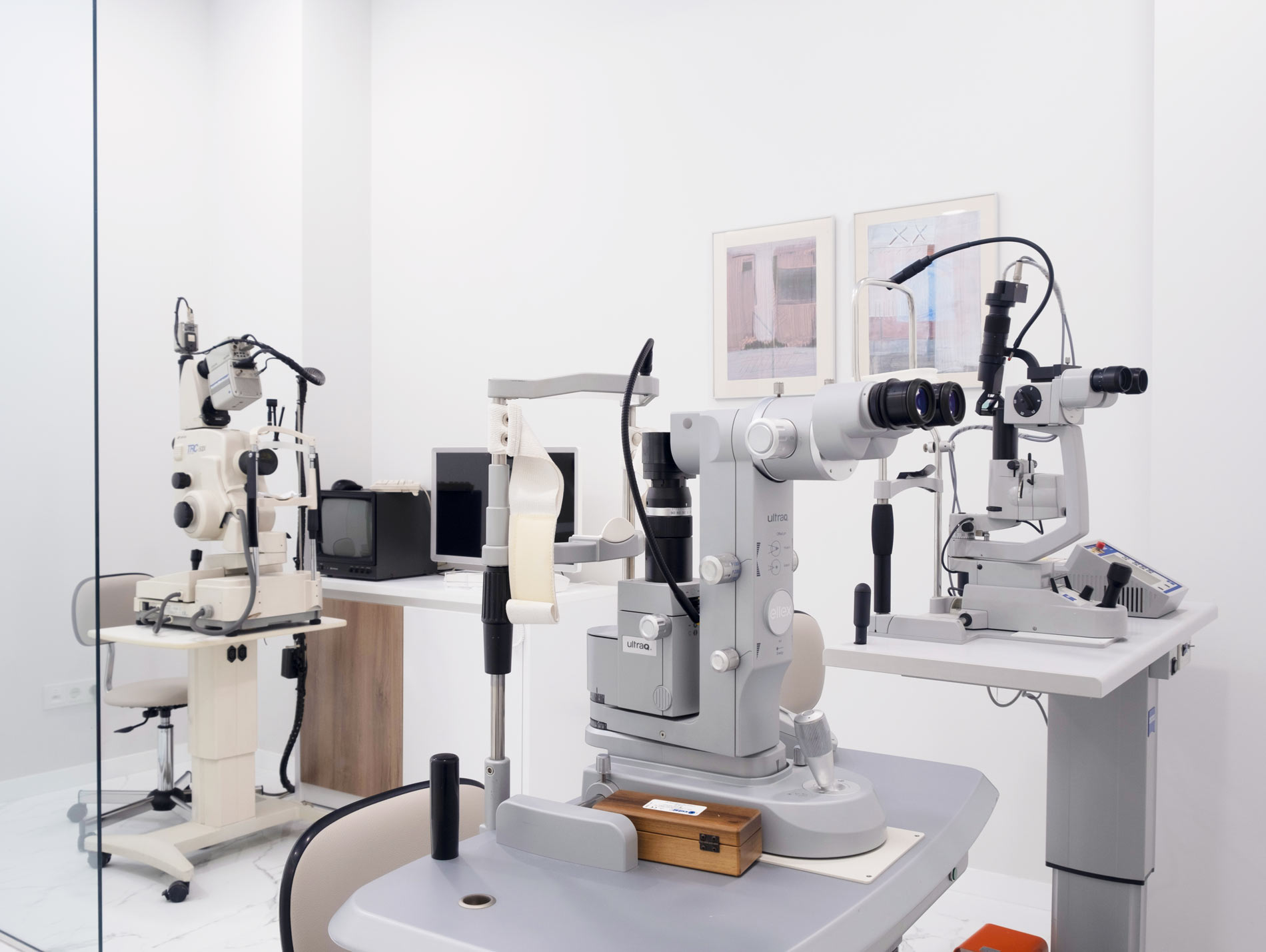What is retinal detachment?
Retinal detachment is a serious disorder that severely affects vision.
There are multiple causes of retinal detachment. This condition eventually causes the separation of the neurosensory retina from the pigmentary epithelium and the accumulation of fluids between both layers.







